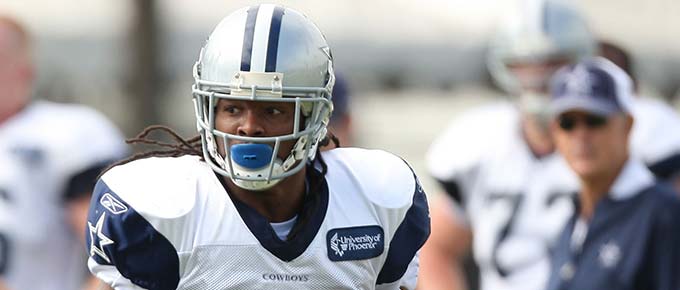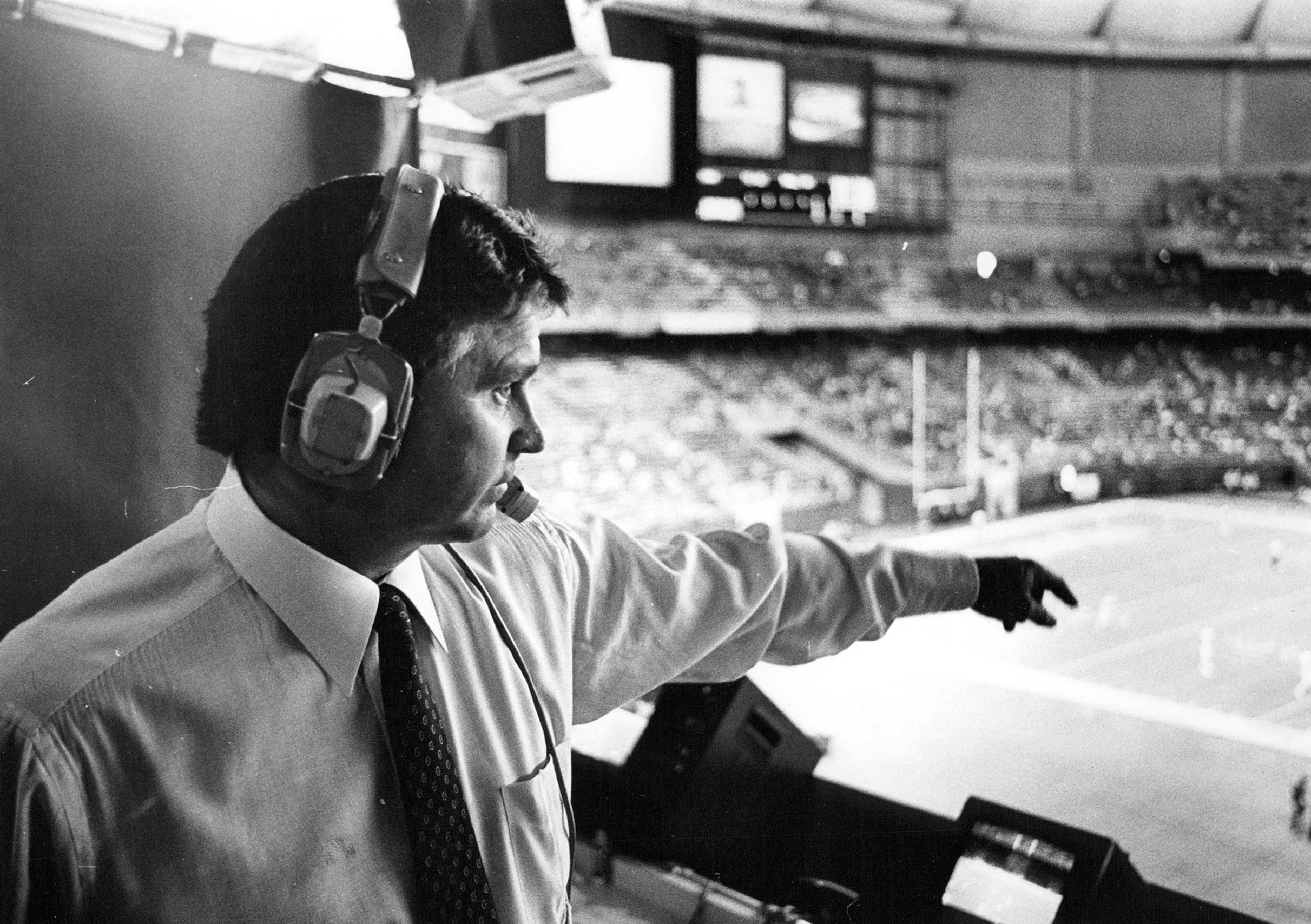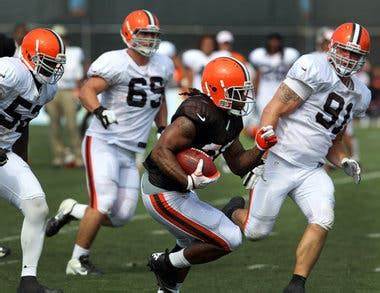In the pulsating world of football, where physical prowess often takes the spotlight, the role of mental strategies is a silent orchestrator of success. This article delves into the nuanced realm of the mind in football, exploring the psychological tactics and strategies that elevate players and teams to greatness.
The Power of Visualization
Visualization emerges as a potent mental strategy in football, where players mentally rehearse their moves, envisioning successful plays, and anticipating potential challenges. This practice not only sharpens cognitive processes but also instills a sense of confidence that translates onto the pitch.
Resilience in the Face of Adversity
Football is a game of highs and lows, and resilience is the mental armor players don to navigate these fluctuations. Resilience involves bouncing back from setbacks, maintaining focus in challenging moments, and channeling adversity into a catalyst for personal and team growth.
Tactical Intelligence and Decision-Making
Mental acuity on the field extends to tactical intelligence and decision-making. Players adept at processing information swiftly, making split-second decisions, and adapting strategies mid-game gain a strategic edge. This mental agility is often the fine line between victory and defeat.

Goal Setting and Motivation
Setting clear goals and maintaining motivation are essential mental strategies that propel players forward. Whether aiming for personal milestones or team objectives, a clear sense of purpose fuels the dedication and perseverance required to navigate the arduous journey of a football season.
Focus and Concentration
In the chaotic rhythm of a football match, maintaining focus and concentration is an art. Mental strategies that enhance a player’s ability to block out distractions, stay present in the moment, and execute tasks with unwavering attention contribute significantly to on-field success.
Managing Pressure and Stress
The pressure cooker of football, especially at elite levels, demands robust mental strategies for stress management. Players who can navigate high-pressure situations, handle the weight of expectations, and stay composed in critical moments become invaluable assets to their teams.
Team Cohesion and Communication
The mental dynamics in football extend beyond individual players to the collective psyche of the team. Building team cohesion, fostering effective communication, and understanding teammates’ thought processes create a synchronized mental environment that enhances overall performance.
Overcoming Mental Blocks
Players, like anyone else, can face mental blocks that impede performance. Whether overcoming a scoring drought or conquering self-doubt, mental strategies involve recognizing and addressing these barriers through introspection, support systems, and targeted mental conditioning.
Mindfulness and Emotional Regulation
Embracing mindfulness practices and mastering emotional regulation form integral components of mental strategies in football. By staying attuned to their emotions and cultivating a calm mental state, players enhance their decision-making, resilience, and overall mental well-being.
Conclusion
While the physicality of football is evident on the pitch, the mental strategies employed by players often remain veiled. From visualization and resilience to tactical intelligence and emotional regulation, the mind becomes the unsung hero in the beautiful game. As football evolves, the recognition and refinement of these mental strategies will likely become even more pivotal in determining success on the field.




